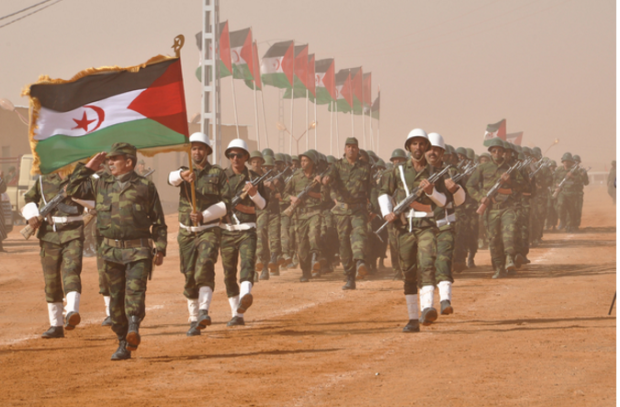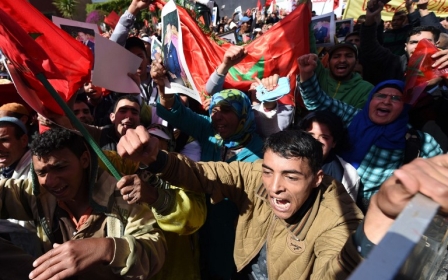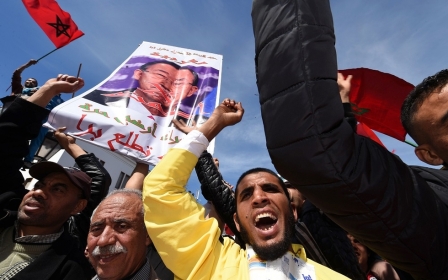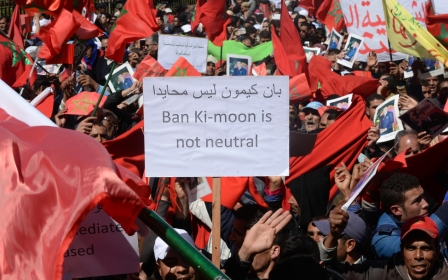Polisario Front chief who headed West Sahara independence fight dies
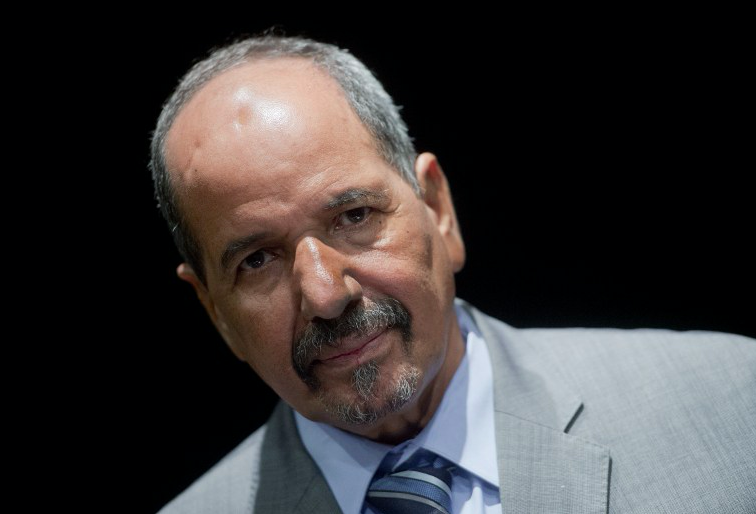
The long-time head of the Polisario Front, which demands the Western Sahara's independence from Morocco, died on Tuesday "after a long illness," Algeria's APS news agency reported.
Polisario secretary general Mohamed Abdelaziz, 69, had been leader of the Algeria-backed group for almost 40 years. He reportedly died of cancer in an Algerian hospital.
The group was founded in 1973 in order to fight for independence for the former Spanish colony.
Morocco has also long claimed the territory as its own, and has prevented a UN-mandated referendum from taking place.
Algerian President Abdelaziz Bouteflika, a long time supporter of the Polisario Front which is based in Algeria, has decreed eight days of national mourning, state television reported.
It added that the president had opened a meeting of the cabinet by observing a minute's silence in tribute to the independence leader.
"This is a great loss for the Sahrawi people," Polisario official Mohammed Keddad told AFP.
"He [Abdelaziz] sacrificed his life for the liberation of Western Sahara. He embodied the wisdom and a sincere and firm commitment to its liberation," he added.
The Polisario Front also ordered a 40-day mourning period, after which a new secretary-general will be chosen, the group added in its statement.
Abdelaziz's death comes at a key time for the movement, which has increasingly suggested it is willing to take up arms if political progress is not achieved. Celebrations for the 40th anniversary of the group's foundings earlier this year saw 25,000 armed men march in the Algerian desert, flanked by tanks and heavy weaponry, with a younger generation reportedly growing restless and increasingly advocating a return to arms.
Some 90,000 refugees from Western Sahara have now been living in refugee camps in the Algerian desert for decades, with aid agency funding cuts hitting the most vulnerable hard in recent years.
Khatri Abdouh, the head of the Saharawi National Council, was named as interim leader following Abdelaziz's death, but analysts have been quick to stress that the movement's policies depend more on what happens in Algiers than what happens in its own leadership ranks.
"Abdelaziz's death will not change anything between Morocco and Algeria - what might bring change is what happens next in Algeria," Samir Bennis, editor-in-chief of the online newspaper Morocco World News, told Al Jazeera.
"Abdelaziz Bouteflika has been sick for many years, and any change will depend on who rules Algeria. If Algeria accepts the UN-brokered resolution, a new dynamic will be restored."
The United Nations has been trying to broker a Western Sahara settlement since 1991, after a ceasefire ended a war that broke out when Morocco deployed its military in the territory in 1975.
The deal promised a referendum on self-rule, but Morocco has continued to insist that its sovereignty over the territory cannot be challenged.
In March this year, UN Secretary General Ban Ki-moon met Abdelaziz and pledged to push forward with a political solution to the Western Sahara crisis, although his comments on the poor human rights situation have been slammed by Morocco.
In 2007, Morocco proposed a plan for autonomy under its sovereignty, but the Polisario Front rejected this and demanded a referendum on self-determination.
From citizen to rebel
Abdelaziz was born in 1946 in Marrakesh in Morocco, the kingdom where he is seen as a traitor to his country.
A man of the desert, he spent much of his life with Polisario fighters or Sahrawi refugees at camps in the Tindouf region of southwest Algeria.
He was from the Reguibi, one of the three Sahrawi tribes, and was educated in southern Morocco, where his father was in the Royal Moroccan army.
In the late 1960s, Abdelaziz first met Sahrawi nationalists in Rabat and Casablanca, at Moroccan universities.
Alongside Mustapha Sayed El Ouali, he became a founder of the Polisario Front in May 1973 and one of its main military leaders.
Speaking Arabic, French and Spanish in addition to the Sahrawi Hassanya dialect, Abdelaziz was said to be as comfortable in a traditional blue gandoura robe as in a Western suit or plain military fatigues, which carried no badges of rank.
New MEE newsletter: Jerusalem Dispatch
Sign up to get the latest insights and analysis on Israel-Palestine, alongside Turkey Unpacked and other MEE newsletters
Middle East Eye delivers independent and unrivalled coverage and analysis of the Middle East, North Africa and beyond. To learn more about republishing this content and the associated fees, please fill out this form. More about MEE can be found here.


